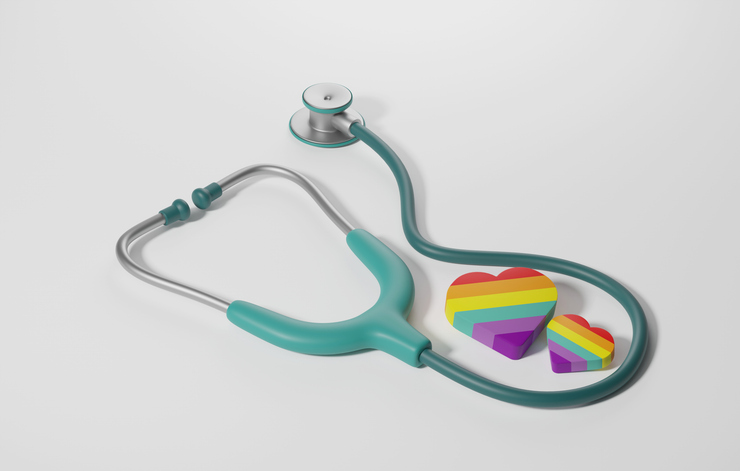On May 15, Montgomery County, Maryland became the first county in the United States to ban artificial trans fats for most foods sold in restaurants and at prepared-food sections of supermarkets, after a unanimous vote by the county council.
Trans fat is believed to raise low-density lipoprotein (LDL, or “bad” cholesterol) and lower high-density lipoprotein (HDL, or “good” cholesterol) and it has been linked to heart disease and obesity.
In the American diet, trans fat can be found in vegetable shortenings, margarines, crackers, candies, cookies, snack foods, fried foods, and baked goods.
“The resolution requires that elimination of trans fats begin on January 1, 2008, for oils, shortenings and margarines with artificial trans fats that are used for frying or in spreads,” the Montgomery County Council stated in a news release. “On January 1, 2009, it would apply for oils and shortenings used for deep frying of yeast dough or cake batter, and all other foods containing trans fat.”
In some cases waivers may be granted to January 1, 2010 for prepackaged foods sold in restaurants, the news release adds.
Duchy Trachtenberg, a Montgomery County Council member, proposed the ban in March.
Last year, the New York City Board of Health passed a similar resolution, and this February the Philadelphia City Council banned the use of trans fat citywide.
Overstepping Bounds
“One of the great challenges of 21st-century government emerges from the intersection of science and public policy,” Trachtenberg stated in the news release. “Giving the public all the information they need to choose healthy eating alternatives is good stewardship of the public trust we hold as elected officials.”
Free-market experts say that isn’t what the laws are doing.
“Recent studies on trans fats have recommended reducing trans fat intake, a reasonable recommendation with no need for hysterics or broad legislative action,” said Diana Ernst, a health care policy fellow at the San Francisco-based Pacific Research Institute. “A voluntary removal of trans fats from food products is preferable to top-down, government regulation, which can be very hard on food businesses. Moreover, we can trust informed Americans to make the right decisions about what’s healthy to eat and what’s not.”
As to the alleged health rationale for the bans, Ernst pointed out that even though food companies have used partially hydrogenated fats since the 1920s, the incidence of heart disease fell 60 percent in the United States between 1950 and 2003.
Greg Scandlen, president of Consumers for Health Care Choices, a free-market group based in Maryland, agreed, likening the new trans-fat bans to the Prohibition of the 1920s.
“I do not support this ban, or any others,” Scandlen said. “We tried prohibition before with a constitutional amendment banning alcoholic beverages. The experiment was a disaster, and a new amendment soon repealed the ban.”
Dr. Sanjit Bagchi ([email protected]) writes from India.



